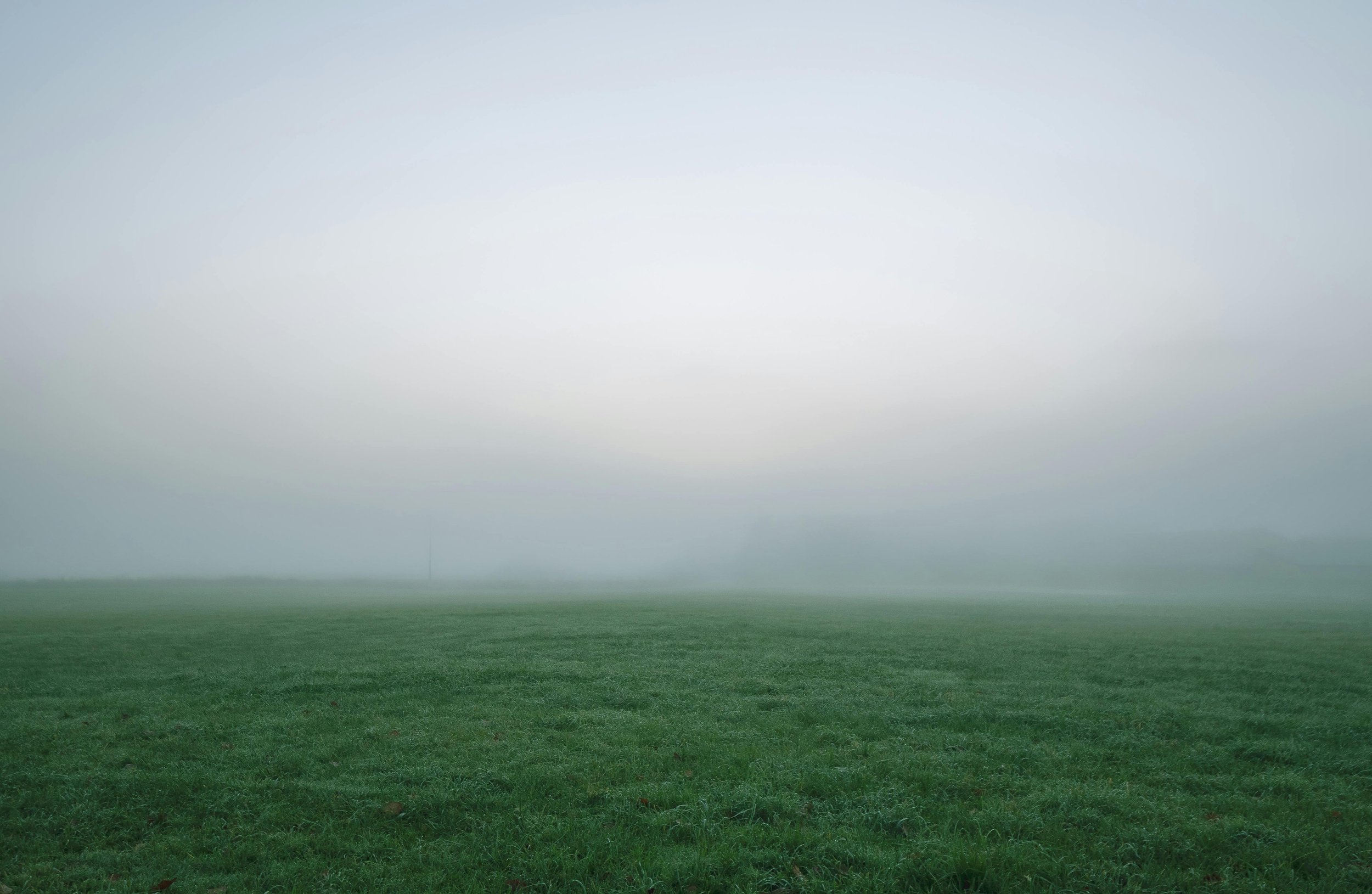Say the Quiet Part Out Loud: The Necessity of Telling the Truth
Truth brings clarity.
We live in a world that often rewards polished surfaces. Keep it light. Keep it moving. Don’t rock the boat. Don’t speak until it’s perfect.
But deep down, we know: silence isn’t always neutral. Sometimes it’s just fear in disguise. And when we refuse to tell the truth—about what we feel, what we’ve lived, what we need—we don’t just lose touch with ourselves. We also hold back something that could set someone else free.
Because truth is never just personal. It echoes.
Telling the truth—your truth—may not feel brave at first. It may feel inconvenient. Clumsy. Too raw. Too much. But there’s a quiet revolution in speaking what’s real. In naming what you’ve buried. In saying the thing that’s hard to say, not for attention, but for alignment. For healing.
And not just for you.
Telling the truth helps others.
Why Your Honesty Matters to Someone Else
You never know who’s watching.
Who’s quietly asking, “Am I the only one who feels this way?”
Who’s wondering if their story is too messy to be spoken aloud.
Your words—unfiltered, unpolished, fully alive—might be the permission someone else needs to stop hiding. When you name your pain, your longing, your joy, your growth—you model what it looks like to be whole. Not perfect. Just present. Real.
Honesty disrupts shame.
It interrupts the narrative that says you have to have it all together before you’re allowed to be heard.
And it offers a kind of hope that only truth can give: If she made it through, maybe I can too.
Say it for the ones in need.
Tell the Truth, Even When It Hurts
The truth doesn’t always shout. Sometimes it shows up in a quiet moment—a journal entry you barely finish, a prayer said through tears, a boundary you draw even though your voice shakes.
It may feel uncomfortable. You might worry it’s too much or not enough. But speak it anyway.
Say it for the version of you who didn’t yet know how.
Say it for the ones still trying to name what they’re feeling.
Say it for the world that desperately needs more honesty and less performance.
Telling the truth doesn’t mean having all the answers. It means showing up with what’s real.
And real is more than enough.
From survival to clarity.
What Happens When We Speak What’s True
We stop performing and start connecting.
We move from survival into clarity.
We become safe places—for ourselves, and for others.
We build lives that actually align with who we are—not who we pretend to be.
The truth isn’t always easy, but it’s always necessary.
And when we tell it, we light a path—not just for ourselves, but for the ones coming behind us.
The Vision Keeper System.
Where Truth Meets Creative Practice
At Textile Reverie, we believe creativity is a form of truth-telling. Whether you’re writing your story, sketching from memory, or designing something that feels like you—your honesty is the material. Not something to overcome, but something to shape.
The Vision Keeper Workbook is a place to name what’s real and make space for what’s next.
Our Creative Coaching offers support for creatives who want to tell the truth with more clarity and courage.
The truth is worth saying.
Say it in your way. In your time. But say it.
Because the world needs more of what’s real.
And someone out there needs to hear you.




